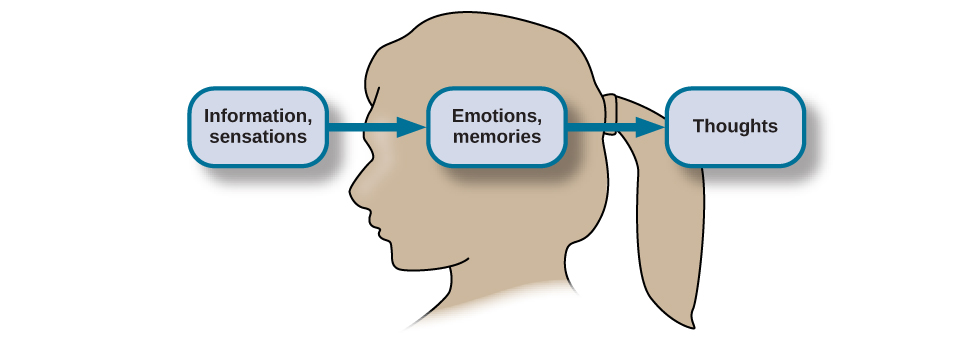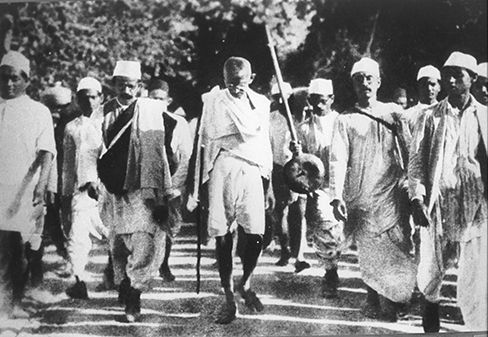| << Chapter < Page | Chapter >> Page > |

In order to organize this staggering amount of information, the brain has developed a file cabinet of sorts in the mind. The different files stored in the file cabinet are called concepts. Concepts are categories or groupings of linguistic information, images, ideas, or memories, such as life experiences. Concepts are, in many ways, big ideas that are generated by observing details, and categorizing and combining these details into cognitive structures. You use concepts to see the relationships among the different elements of your experiences and to keep the information in your mind organized and accessible.
Concepts are informed by our semantic memory (you learned about this concept when you studied memory) and are present in every aspect of our lives; however, one of the easiest places to notice concepts is inside a classroom, where they are discussed explicitly. When you study United States history, for example, you learn about more than just individual events that have happened in America’s past. You absorb a large quantity of information by listening to and participating in discussions, examining maps, and reading first-hand accounts of people’s lives. Your brain analyzes these details and develops an overall understanding of American history. In the process, your brain gathers details that inform and refine your understanding of related concepts like democracy, power, and freedom.
Concepts can be complex and abstract, like justice, or more concrete, like types of birds. In psychology, for example, Piaget’s stages of development are abstract concepts. Some concepts, like tolerance, are agreed upon by many people, because they have been used in various ways over many years. Other concepts, like the characteristics of your ideal friend or your family’s birthday traditions, are personal and individualized. In this way, concepts touch every aspect of our lives, from our many daily routines to the guiding principles behind the way governments function.
Another technique used by your brain to organize information is the identification of prototypes for the concepts you have developed. A prototype is the best example or representation of a concept. For example, for the category of civil disobedience, your prototype could be Rosa Parks. Her peaceful resistance to segregation on a city bus in Montgomery, Alabama, is a recognizable example of civil disobedience. Or your prototype could be Mohandas Gandhi, sometimes called Mahatma Gandhi (“Mahatma” is an honorific title) ( [link] ).

Mohandas Gandhi served as a nonviolent force for independence for India while simultaneously demanding that Buddhist, Hindu, Muslim, and Christian leaders—both Indian and British—collaborate peacefully. Although he was not always successful in preventing violence around him, his life provides a steadfast example of the civil disobedience prototype (Constitutional Rights Foundation, 2013). Just as concepts can be abstract or concrete, we can make a distinction between concepts that are functions of our direct experience with the world and those that are more artificial in nature.

Notification Switch
Would you like to follow the 'Psychology' conversation and receive update notifications?